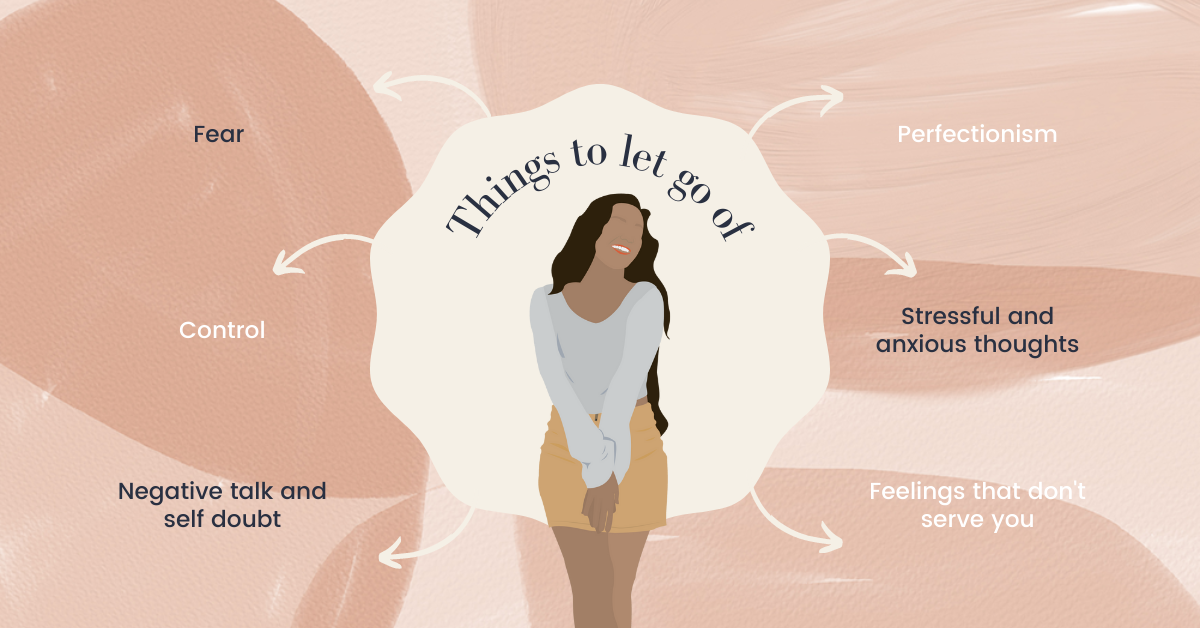
This inspiration packed podcast episode will help you conquer your inner negative conversations of imposter syndrome, and give you the freedom to be your unapologetically authentic self, with ease, and embrace success in all areas of your life.
This being women’s history month, I wanted to talk about a phenomenon that many high achieving women struggle with. It’s the Imposter phenomenon.
As high achievers, we want to contribute and succeed in what we do. However, the need to fit in sometimes prevents us from recognizing and celebrating our own strengths and accomplishments for fear of being seen as a fraud. We think we must tirelessly work to maintain our success otherwise it will all come crashing down. Too many of us spend too much time and energy on hiding who we really are, as we are afraid we will not be accepted or acceptable. But it doesn’t have to be this way and you don’t have to live with imposter syndrome.
Imposter syndrome is the feeling of self doubt that causes you to question your ability even when you have success at work, in business, in an academic setting, or in life in general. You feel like you’re not good enough, you have these negative conversations where you ask yourself who are you to do this? Who do you think you are? It’s a feeling of being a fraud and that you will soon be found out.
Imposter syndrome can affect both women and men, in any line of work or social status or age they are. Imposter syndrome isolates people and causes them to keep their innermost feelings secret. The fear of not fitting in or not being up to the task.
If you have experienced these feelings you’re not alone. Even famous people like Michele Obama, Jodie Foster and Sherly Sandberg have all experienced these feelings at some point in their lives. However, this does not need to be a weight you carry forever.
Today in the podcast I want us to quiet that voice that you are not good enough and you don’t belong here.
Here’s a glance at this episode…
- How I first experienced imposter syndrome.
- The 5 types of imposter syndrome from a book called The Imposter Syndrome, by Phil Roberts and how you can identify which type of imposter syndrome you identify with so you can:
- Recognize your specific thought patterns surrounding perfectionism and know your triggers.
- Create healthy boundaries.
- Let go of control.
- See yourself as a work in progress.
- Stop being afraid of asking for help.
I found the imposter type that I identified with, and am now aware of how to move past those feelings. Now it’s your turn. I hope you find this information helpful as much as I did so you can embrace your credibility and embrace success.
Rate, Review & Follow on Apple Podcasts.
“I love Wambui and From Stuck to Unstoppable” – if that sounds like you, please consider rating and reviewing my show. This helps me support more people like you get out of their comfort zone and do what lights them up. Click here, scroll to the bottom, tap to rate with five stars, and select “Write a Review”. Then be sure to let me know what you liked most about the podcast.
Also, if you haven’t done so already, follow the podcast. I add a new episode weekly, and if you’re not following, there’s a good chance you’ll miss out. Follow now
OTHER WAYS TO ENJOY THIS PODCAST:
Click on the icons below to start your download.


